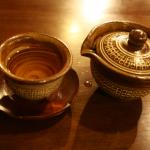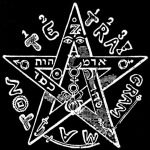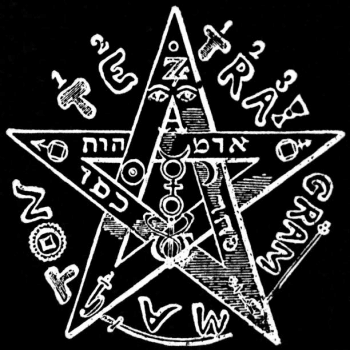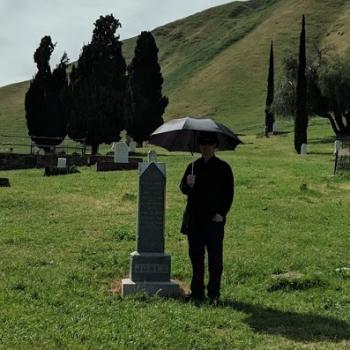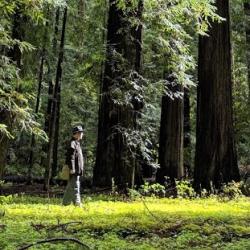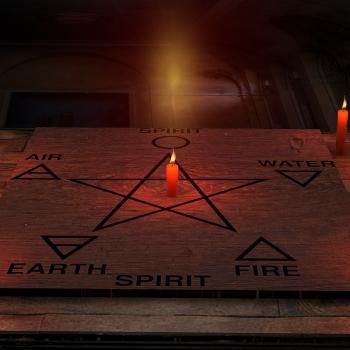At the core of each of us is a soul. It lies beyond everything we are raised to we know, feel, and believe. Deeper than the body and the spirit, it brings life to us. Every man and every woman is a star. It’s not some romantic wish for equality, but a description of direct experience.(1)
And yet, if talk of the soul is mysterious, self-cultivation is not. Self-cultivation is a catch-all for every practice that brings us closer to our deepest selves. From fancy breathing exercises to simply heading to the gym, everything that increases our personal power can be a tool on the path to our deepest selves.
Anything we do can be turned to the Path of Transformation. This is one of the deepest lessons there is, though it is also one of the simplest.
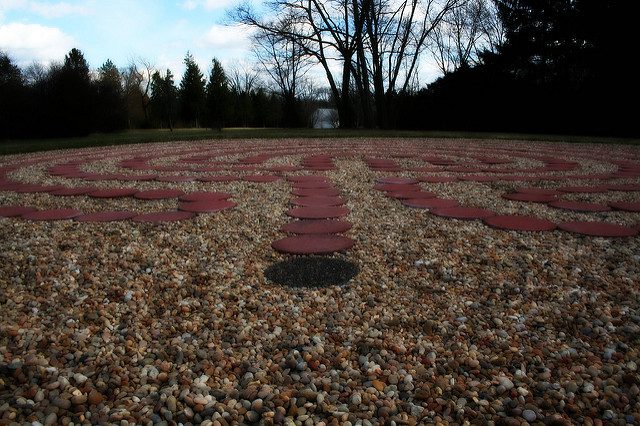
The only question is, when we grow in power, do we use it to try to control the outside world, or do we use it to dig deeper into ourselves? The transformation we seek is not of the world, but of the way we experience it.
Seeking Magic
Beyond the world of the mundane, each of us is already magic through and through. This is as true for you as it is for everyone and everything else in all of existence. But even if it is true, it does not square with our experience.
We live lives in which we are mostly unaware of the magic of the world. This is not because magic is out there, somewhere, hidden from us. The magic inside of us has not yet been integrated with who we think we are.
Many of us feel desperate to have some power in our lives. We struggle beneath the oppression of the everyday world as it strangles the life from us, and feel powerless to change. It is that need for change that drives us to seek spiritual disciplines.
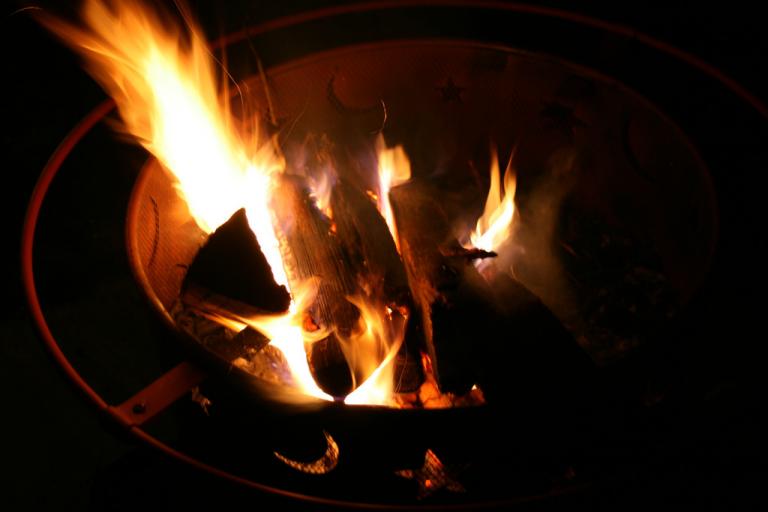
All study of magic, of religion, of the worlds beyond the one we know, comes from dissatisfaction with the lives we now have. Magic lends us the power to transform our lives. And that power lies at our core — in the soul.
Surety in our own souls will not give us the power to change the world with the wave of a wand; that is not what it is for. It will instead give us the power to change ourselves. There is no need to seek out a deeper reality. It is around us, and within us. What we must seek is the depths of ourselves.
The (Practical) Nature of the Soul
People have souls. Admittedly, for most Westerners, that is a virtually meaningless statement. We might as well say that people have free will or original sin or the capacity for grace. These are abstract things that we can agree or disagree about, but that is mostly where they stay. There is little lived experience of these aspects of life.
People are practical. What use is “free will” to someone working a minimum wage, soul-crushing retail job? Who needs original sin where there is injustice all around? Who would ask for grace when there are a million things pulling us this way and that?
Like many Westerners, I grew up in a Christian church, where souls were treated as religious objects — eternal and precious, but practically useless. That is, souls were considered passive and inactive. And while that might have been true in that context, there is no requirement that we live that way.
To state it clearly, the soul is not a source of some external goodness. It is not a source of divinity that distinguishes us from the rest of creation. It is no more or less than the source of vitality that makes each of us who and what we are.
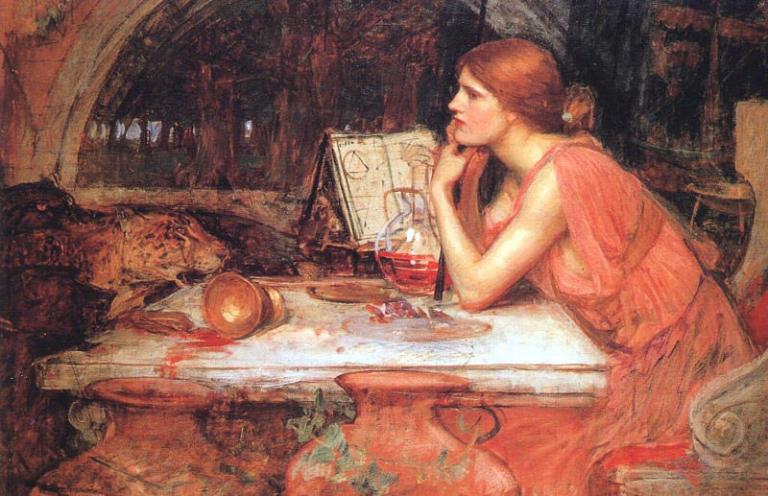
Western Pagans speak little of the soul. In my experience, that is because there is little that the West believes about the soul that is actually true. Souls are not discrete, eternal, or unique to humans. Nonetheless, souls connect us to a deeper reality.
Souls are not discrete or eternal.
Most everything we believe about the soul, like much of what we are taught about the nature of the world, is of limited use in limited context. In short, it binds us more than it frees us.
The way we talk about souls in the West, it is as if they are something that comes down and animates us throughout our lives. They then separate from our bodies at death and move on to something else. It is as if we are the car, and the soul is the driver. Many take comfort in this story because it implies that we go on as ourselves.
But the soul, as the distinguisher of self from other, does not carry on. The vitality carried by it continues, but it has no distinct boundaries.
The human soul, when observed, is not something inviolate or eternal. We might imagine that it is like a window that lets in light. The window is not the sun, though from the inside, it might appear that way.(2)
What we point to as the “soul” does not exist past the duration of life. The soul is not just part of who we are, but in fact the seeming source of our distinctiveness, our “light.”
When life is over, our division from the rest of everything slowly dissolves. But in another sense, “we” do go on. But it is not that individuated part, but rather the vitality it carried, that continues, rejoining the ocean of the universe.
Souls connect us to a deeper reality.
If we accept that the soul is a real, powerful, and active part of who and what we are, then we are bound not to put it up on a pedestal or lock it away for its own protection. Each of us has a powerful connection to a deeper reality inside of us. The soul is a source of vitality.
In fact, seeking those depths inside of us becomes a practical endeavor. Without self-cultivation, we spend far too much of each day in a tizzy, pushed this way and that by everything outside of us. And the more sensitive we are, the worse it is.
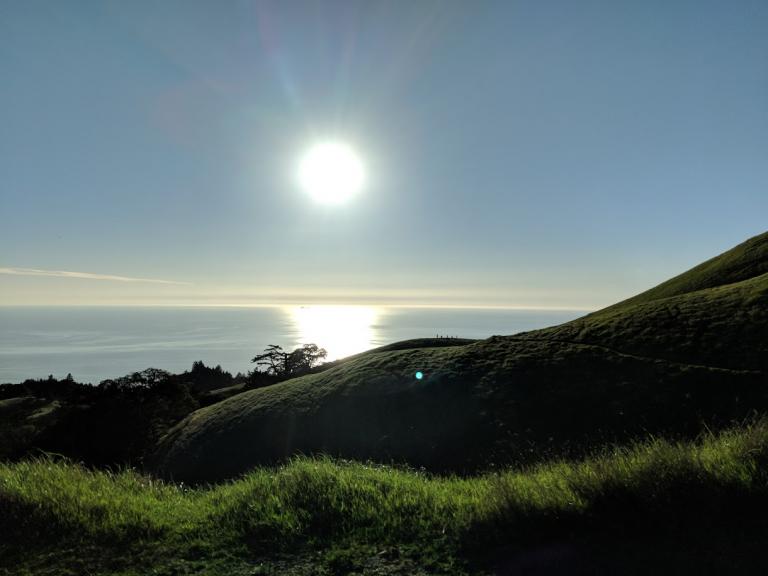
On the one hand, we can load ourselves down with numbing agents, from meat to cigarettes to opioids, and just get by. In fact, the whole world would prefer we do things that way.(3)
On the other hand, we can go seeking for hidden depths. As someone who went down that path, I can at least tell you that it leads somewhere. Whether it is somewhere worth going? That has to be for you to decide.
The Soul of a Magician
The study of magic is not about learning to control the world around us.(4) The magician trains to cultivate all parts of the self, both the spirit and the body.
Through the practice of ritual, the spirit is harmonized with the Sky. Through training, the body is brought into harmony with the land. Only then can the two be brought together with neither seeking dominance.
As below so above, and as above so below. This is the miracle of all things being One.(5)
The path to the soul is through self-cultivation. But this is not a matter of special practices, so much as attitude. It does not matter whether your daily practice is ritual, prayer, or something entirely different. What matters is that it reaches toward your soul.
(1) Every man and every woman is a star. Aleister Crowley, Book of the Law, 1.3. 1904.
(2) To extend this metaphor, if you want to understand the nature of the window, you will have to manage to crawl through it.
(3) To be fair, I am not against eating meat. I eat it, myself, on a regular basis. But when working on specific cultivations that require a certain sensitivity and spiritual awareness, there are times I need to fast from it.
(4) In fact, that is the study of everything else except magic.
(5) From the Emerald Tablet of Hermes Trismegistus. Translation from multiple sources and synthesis mine.

